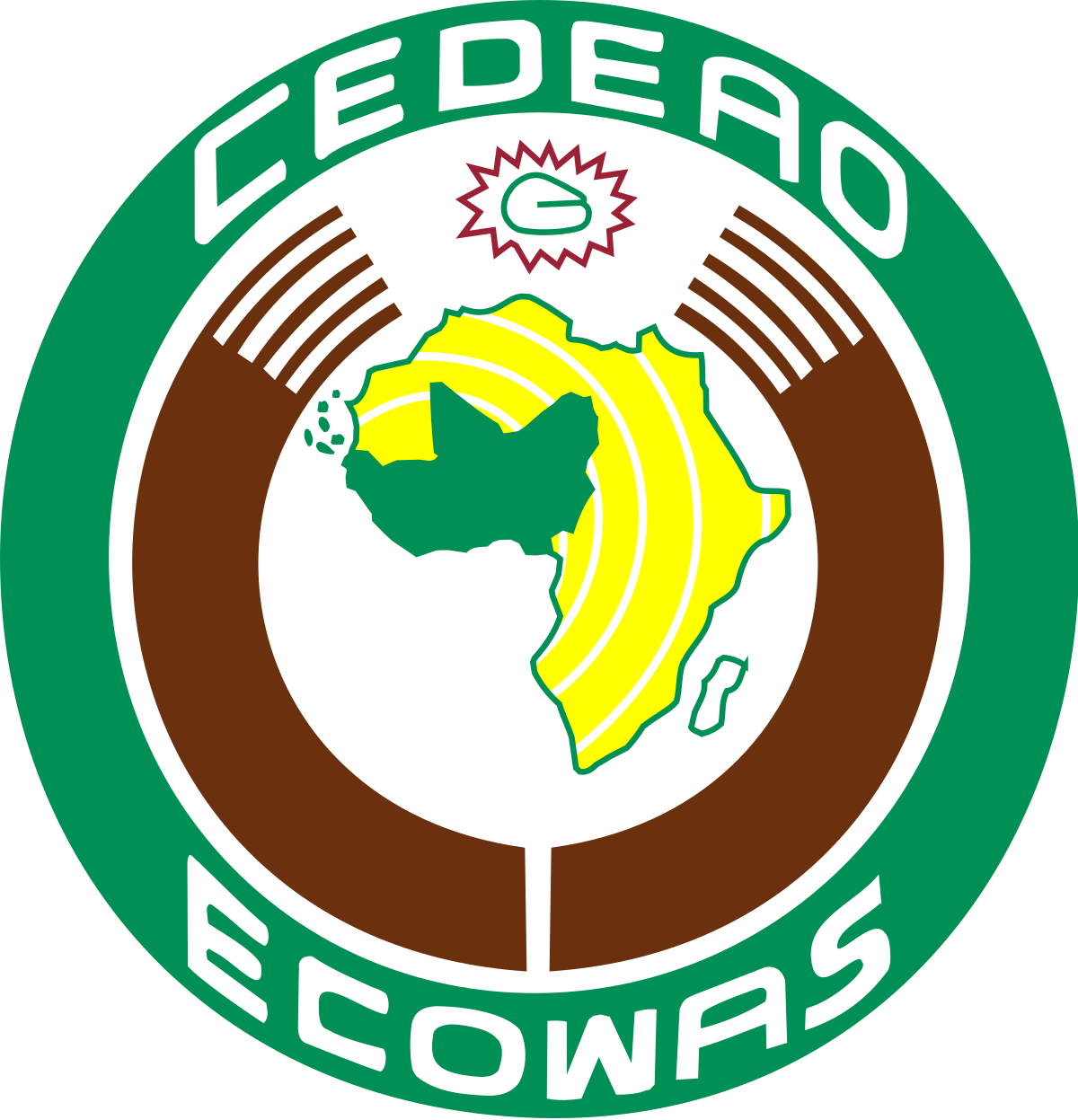
By Temitope Ponle
ECOWAS Court to deliver judgment in suit filed by former Liberian President, Dr Charles Taylor over his unpaid pension and other benefits on Thursday.
On the panel for the case are Justices Dupe Atoki, Mohamed Sengu Koroma and Ricardo Claudio Monteiro Goncalves.
Justice Atoki would, however, be presiding.
In his petition, Taylor prayed the court to declare the refusal of the respondent to pay what was his, as this was illegal and a violation of his human right.
This, he added, included the right to own property guaranteed by Article 14 of the African Charter of Human and Peoples Rights and Article 17 of the Universal Declaration on Human Rights.
In addition, he asked for an order mandating the country to provide for staff, security and legally prescribed transportation for his wife and children, in Applicant’s presence, for the rest of their lives.
He also asked to be paid the sum of 5,000 dollars, being the solicitor’s fees and other incidental costs.
However, in its defence, the Republic of Liberia stated the former President did not qualify for the entitlements provided for in the Act of July 6, 1978, cited by the Applicant as the basis for the suit as he did not retire honourably, which would mean voluntarily quitting office, having reached a certain age.
The respondent also said the former president was under a criminal indictment by the Special Court of Sierra Leone.
“The Act qualifies in clear and unequivocal terms the mode and manner of a President’s retirement and his status after retirement in order for him or her to benefit under the provision of the Act.”
The government further claimed that in view of the prevailing political and military situation in the country at the time, and in order to save his life, the former president negotiated and accepted an arrangement.
Under the arrangement, he resigned and was exiled to Nigeria where he was arrested while trying to flee, and ultimately sent for trial at the Special Court. (NAN)





